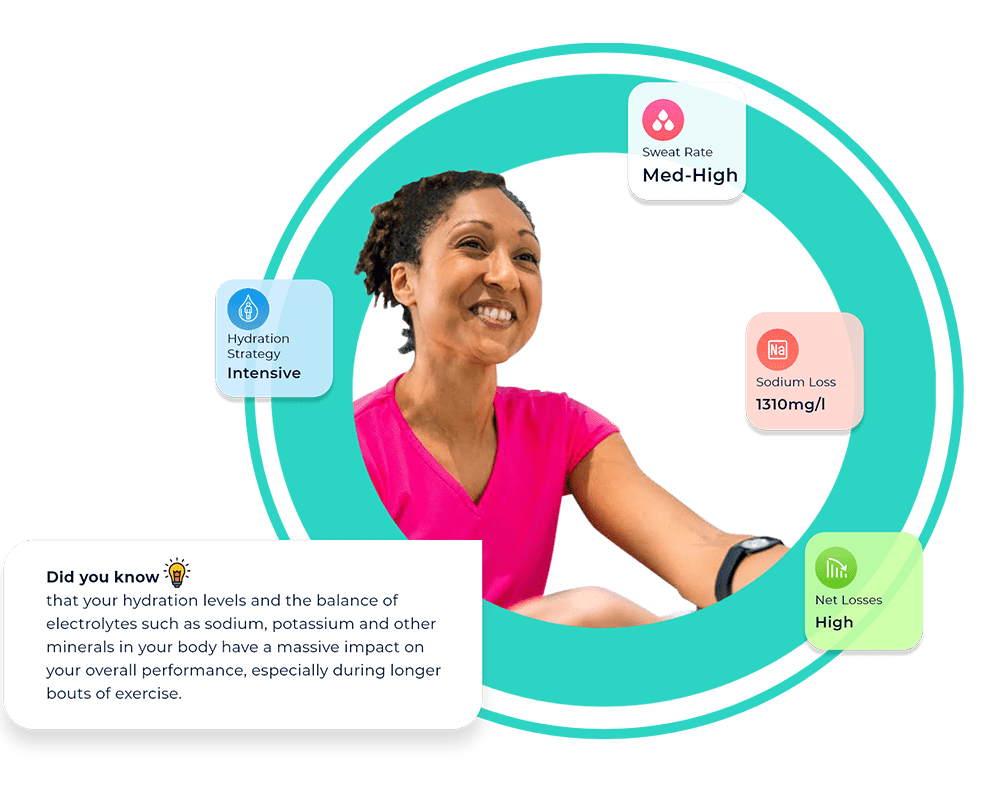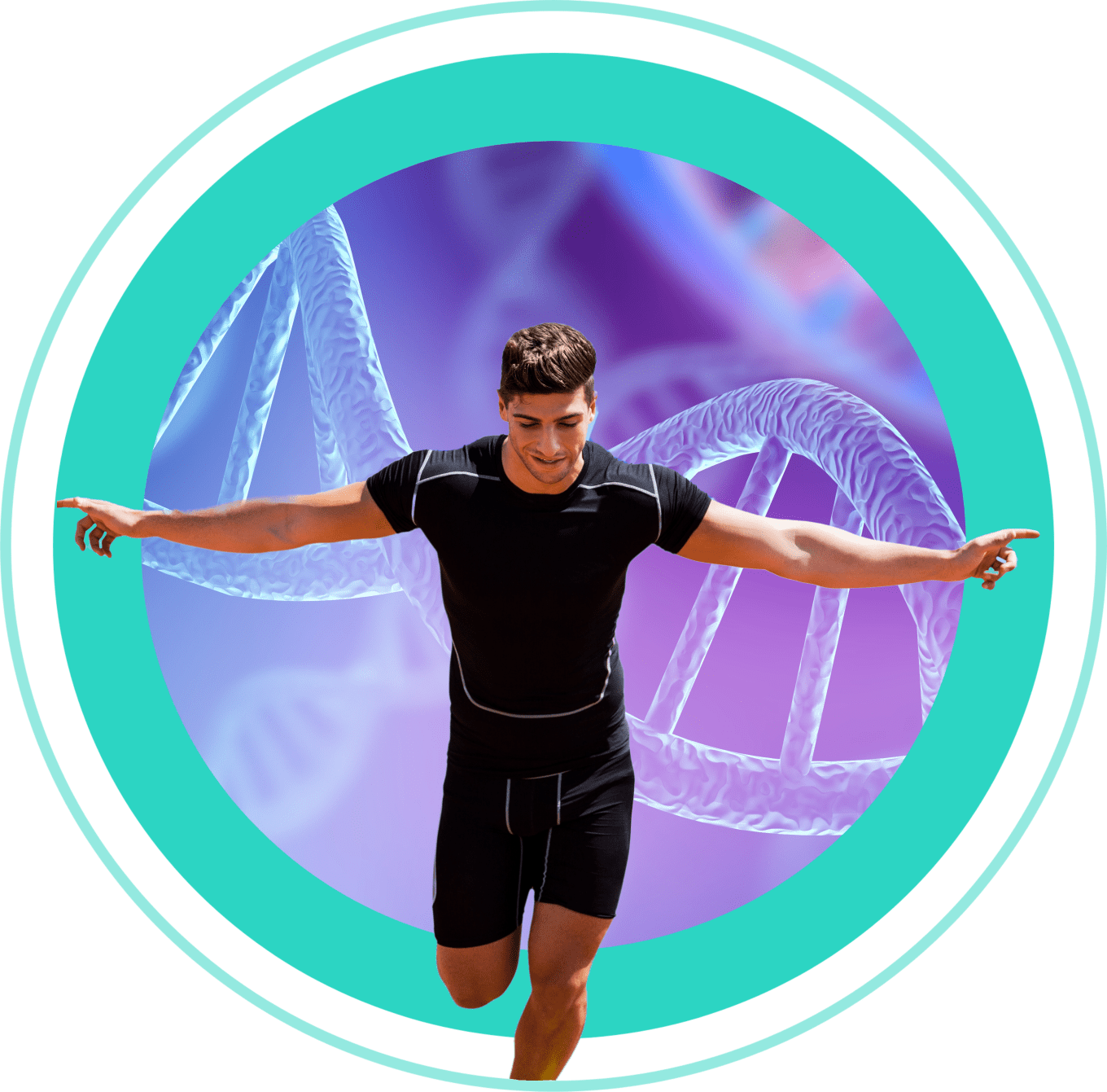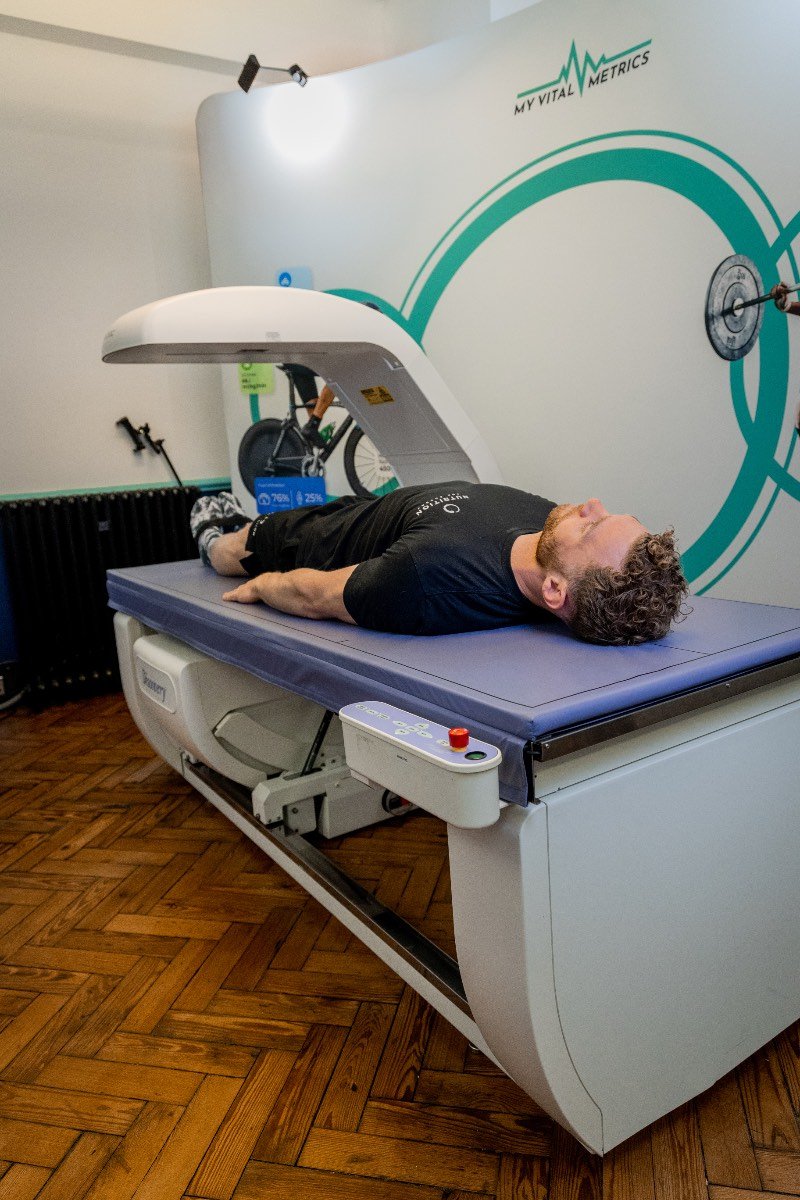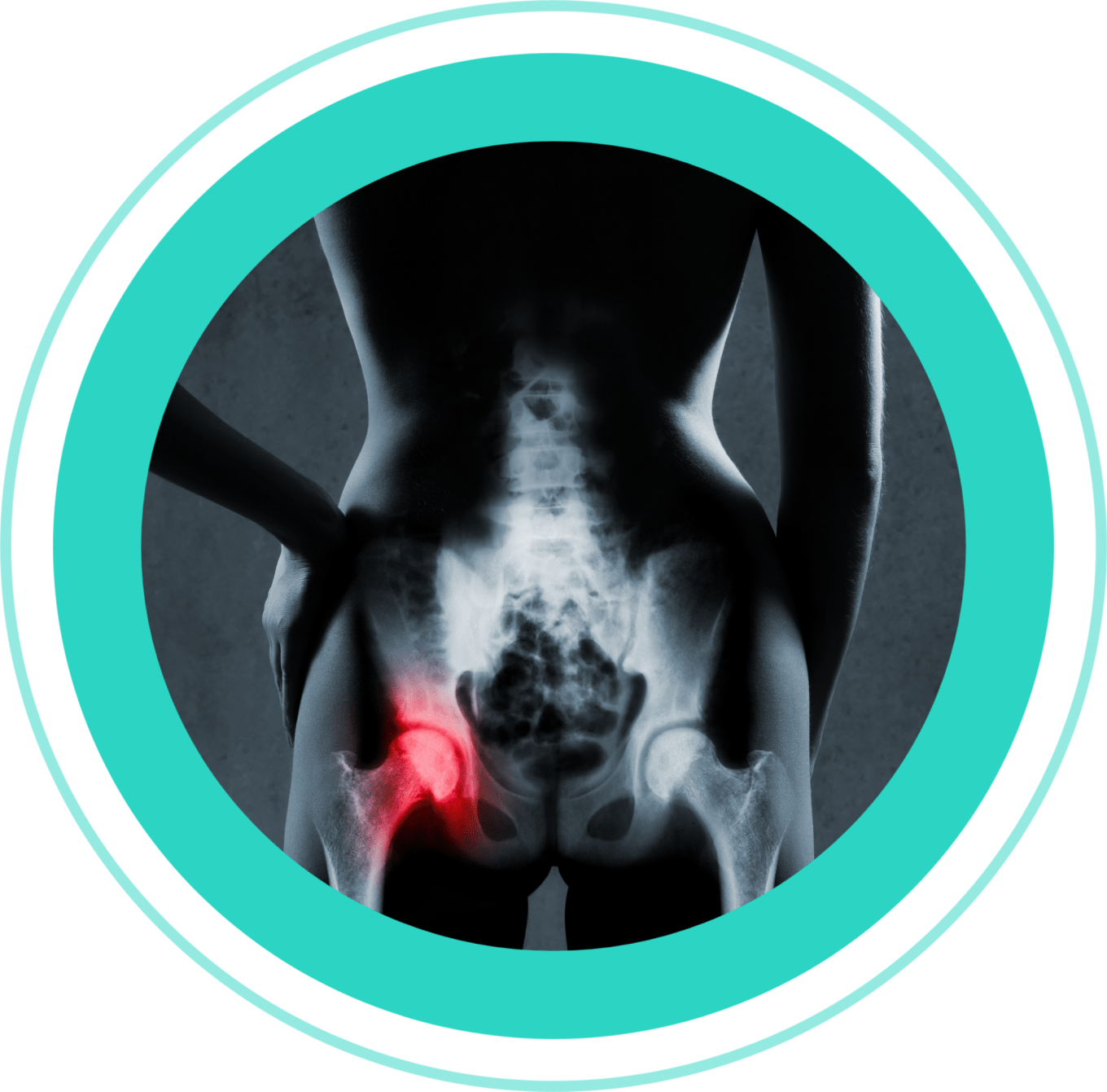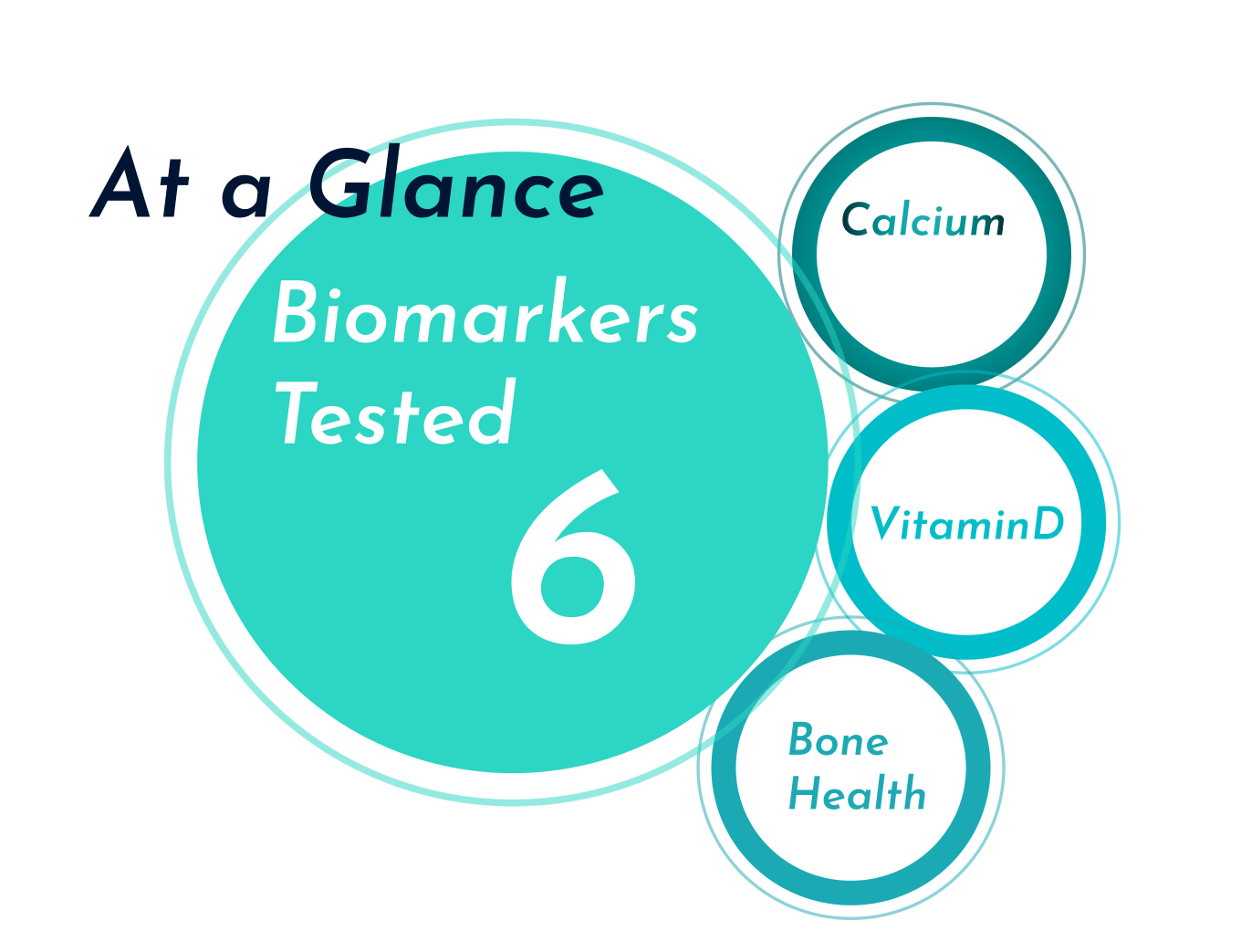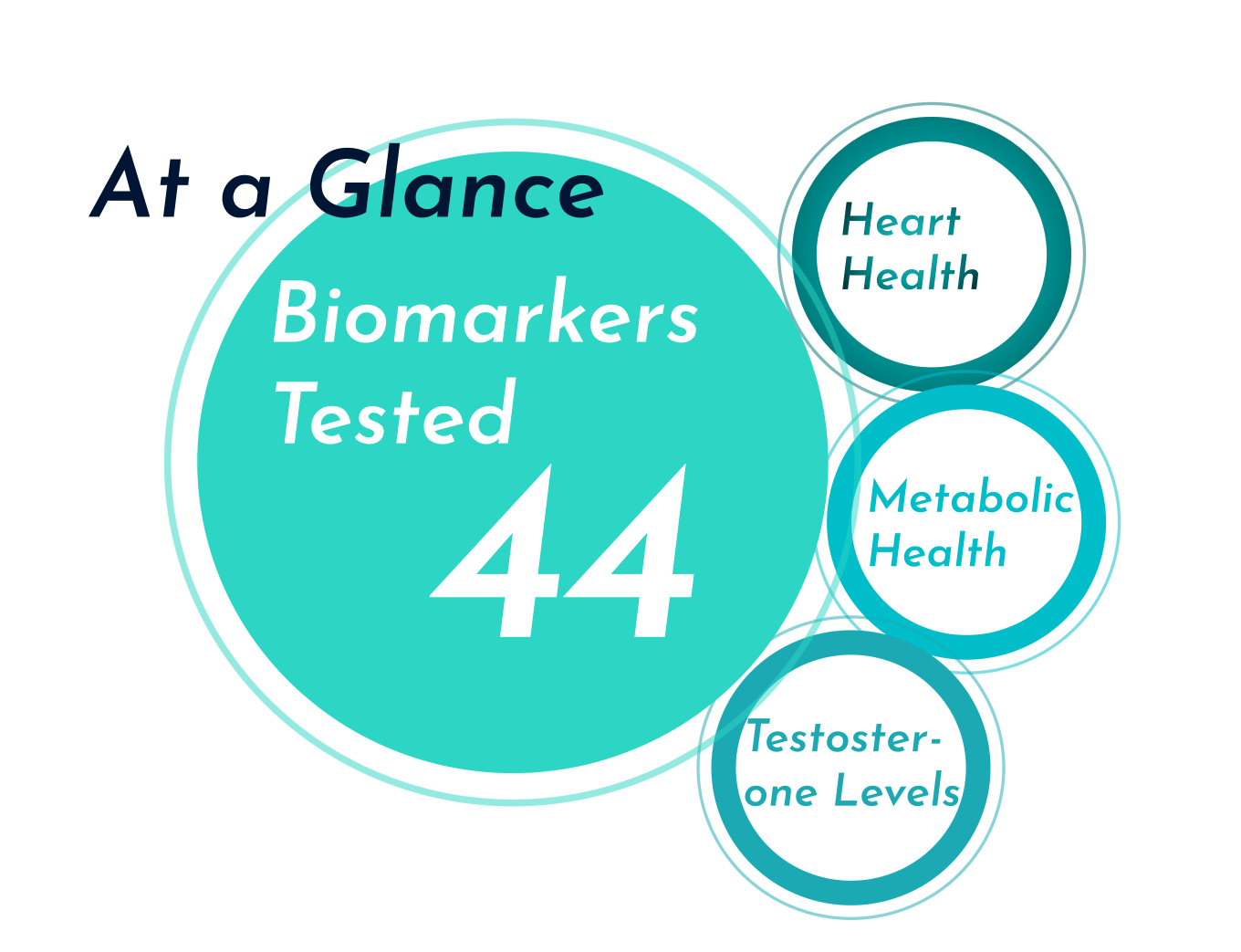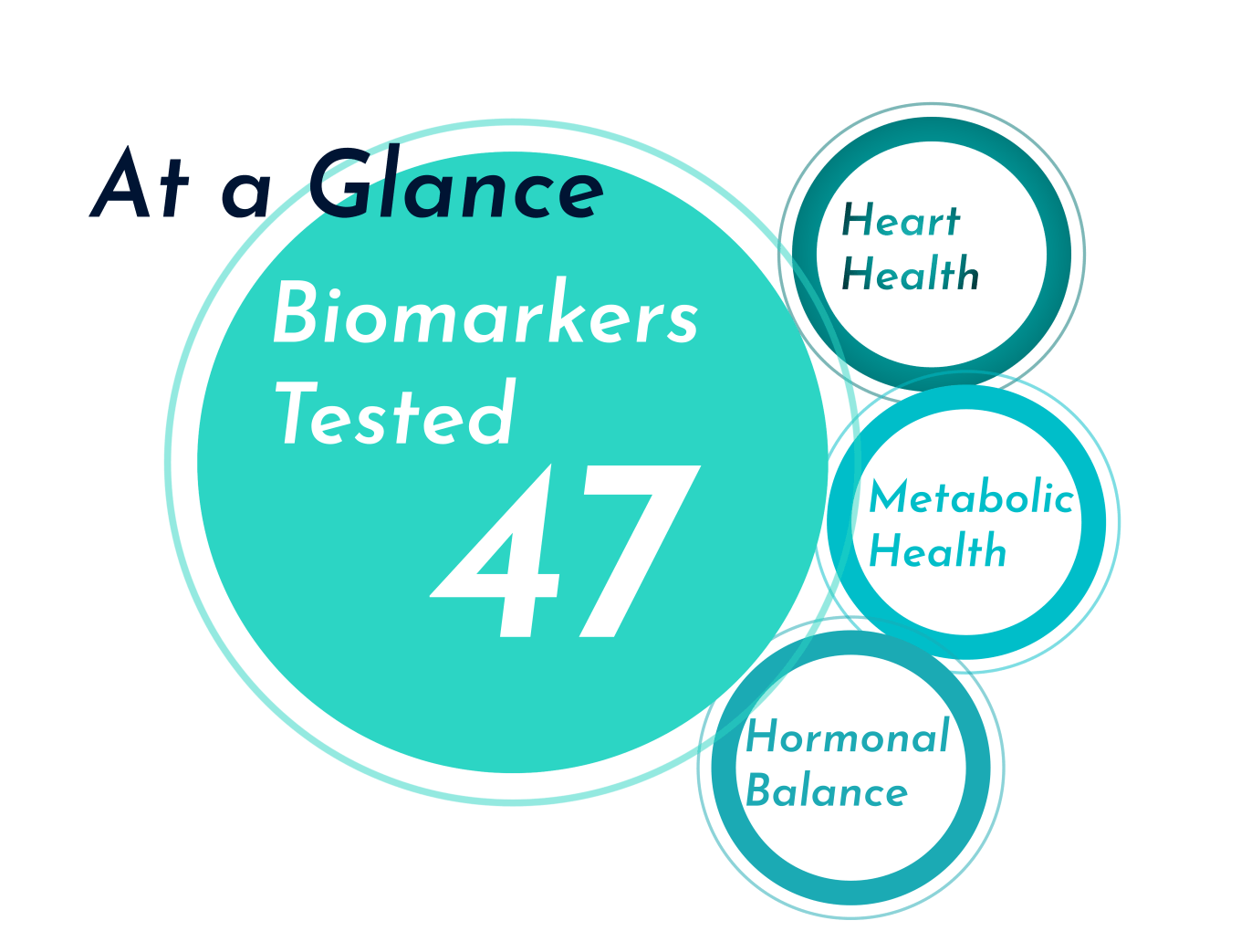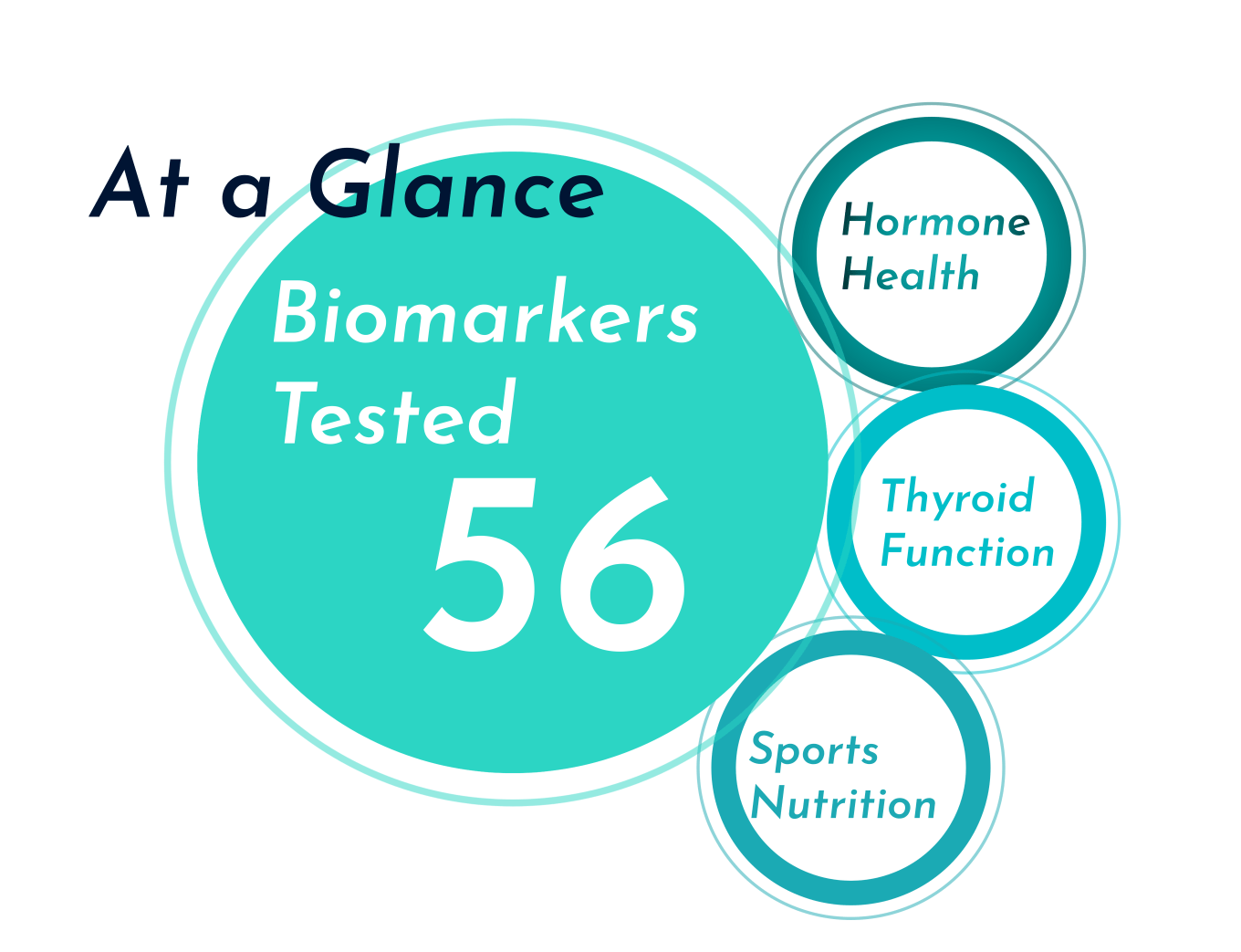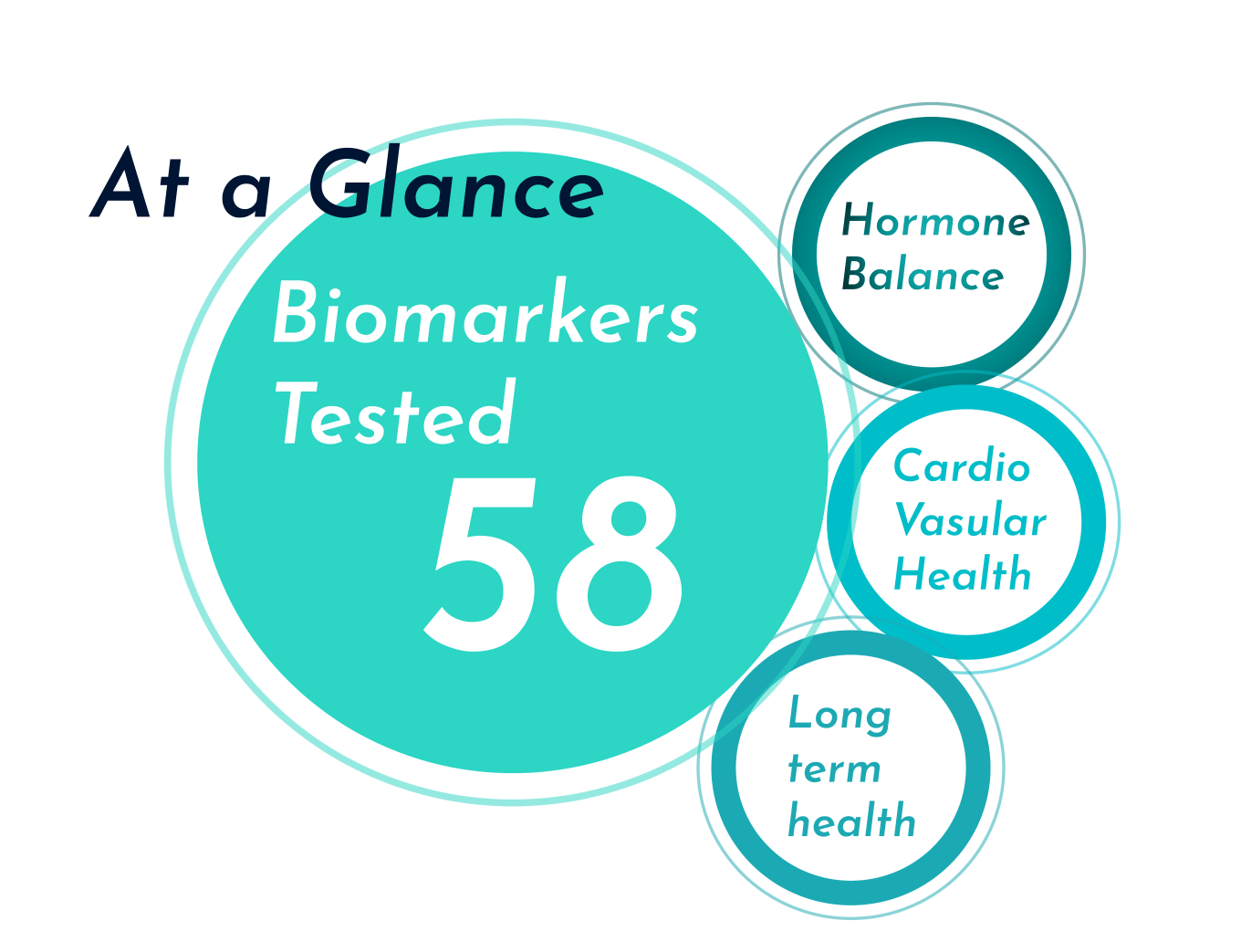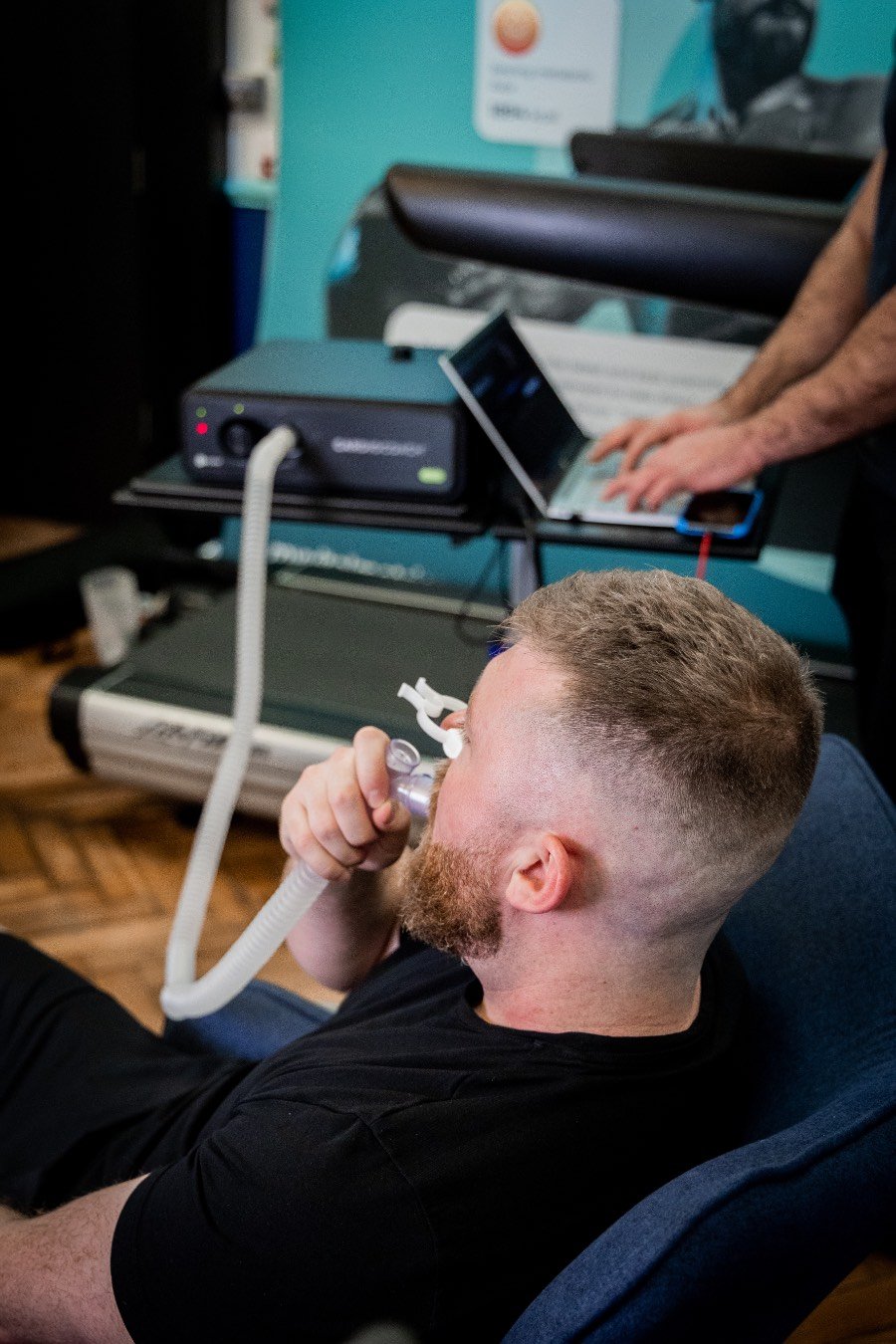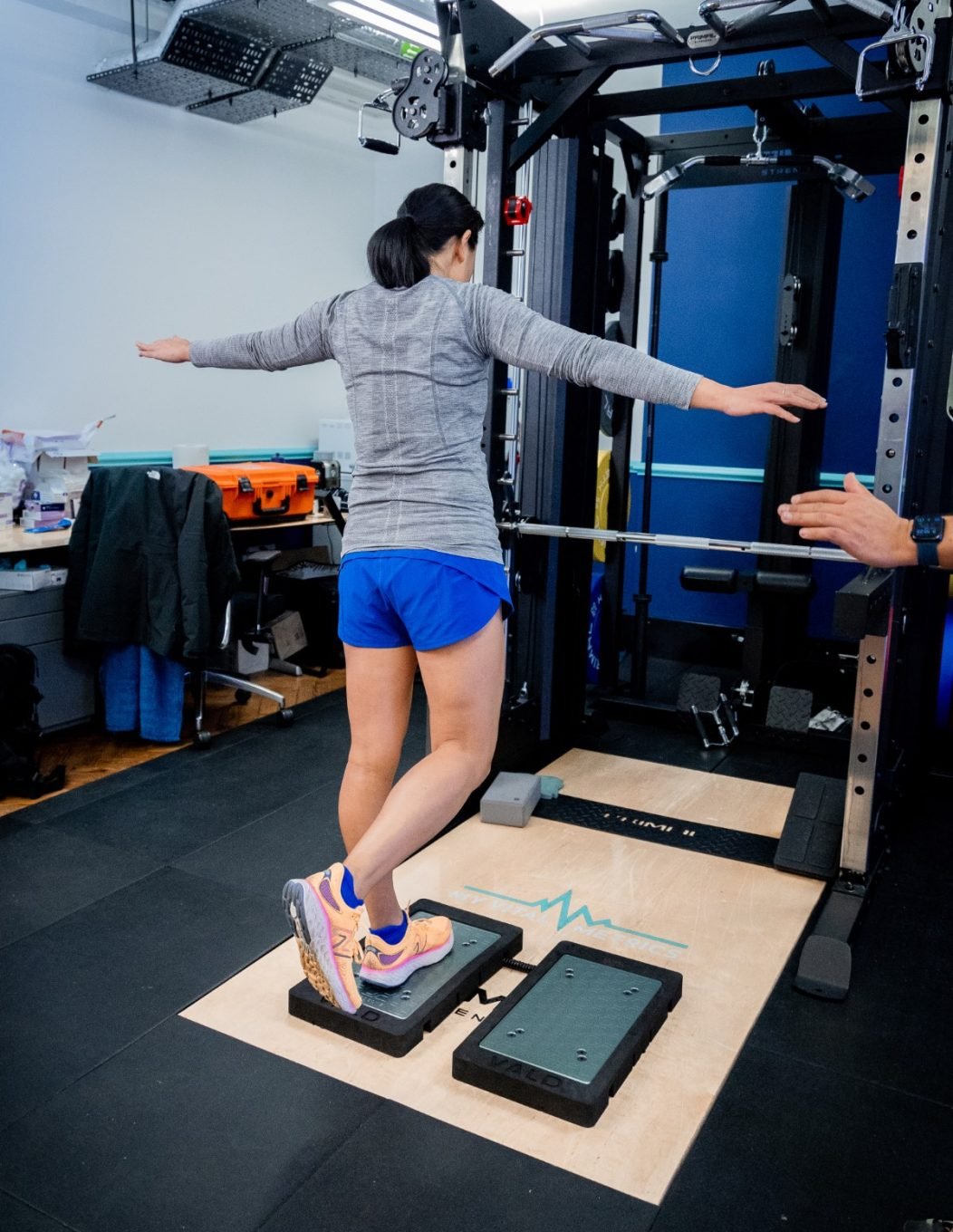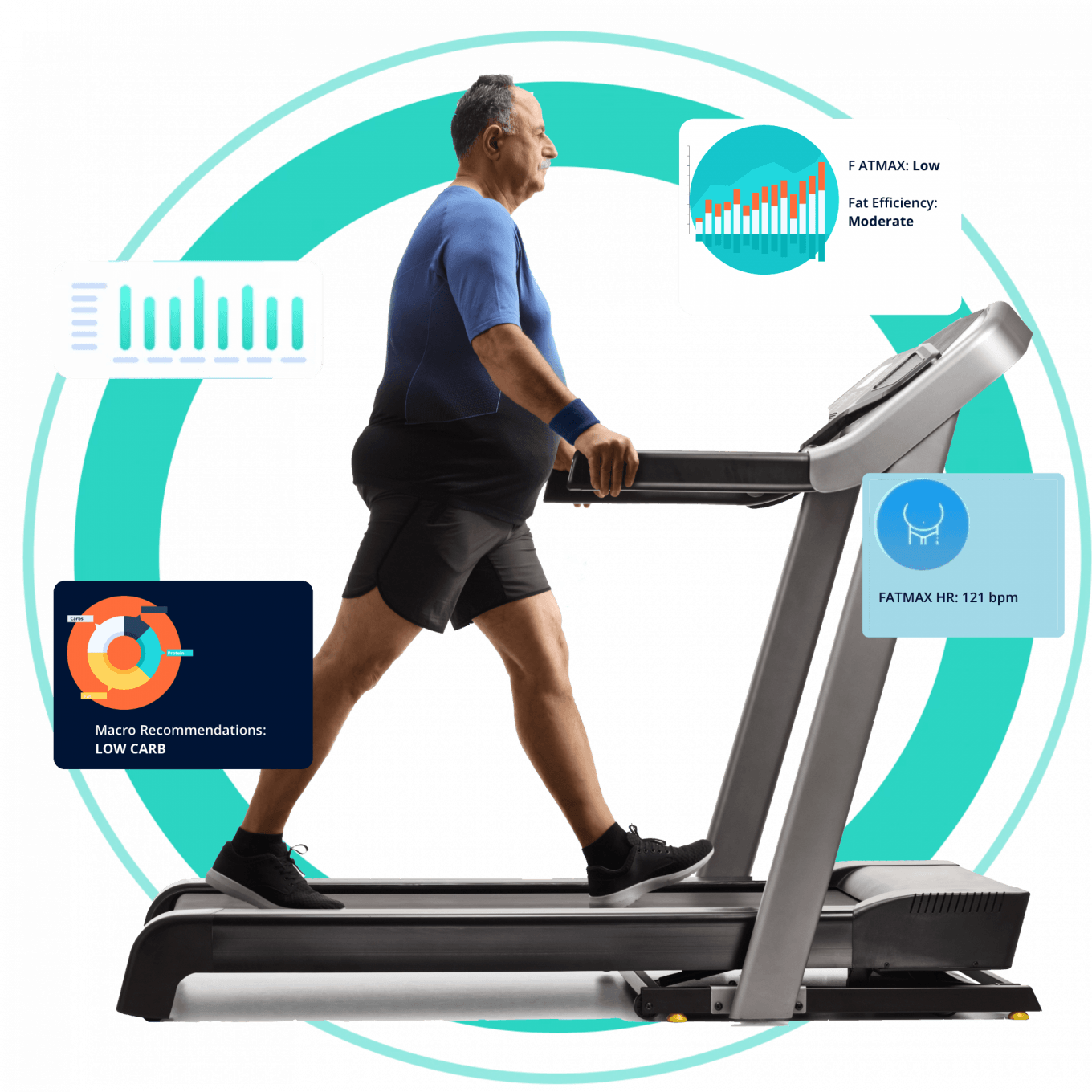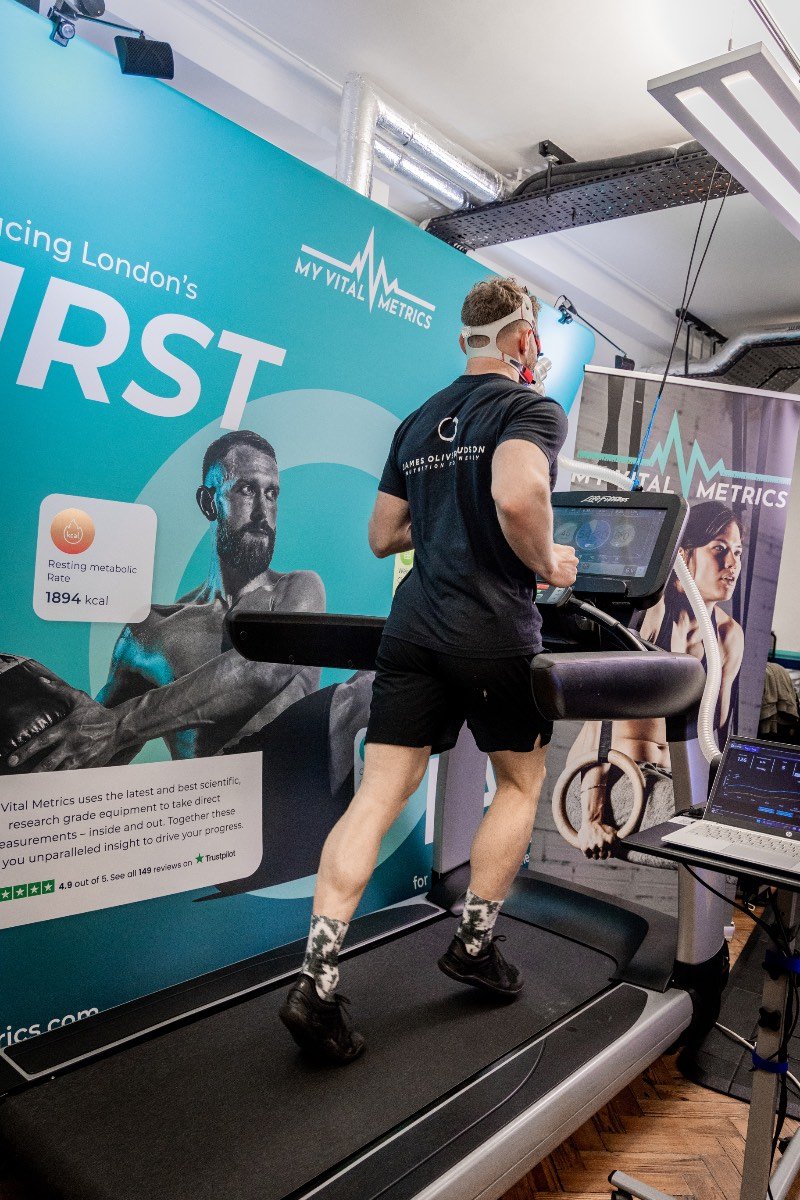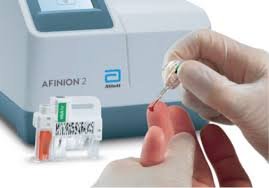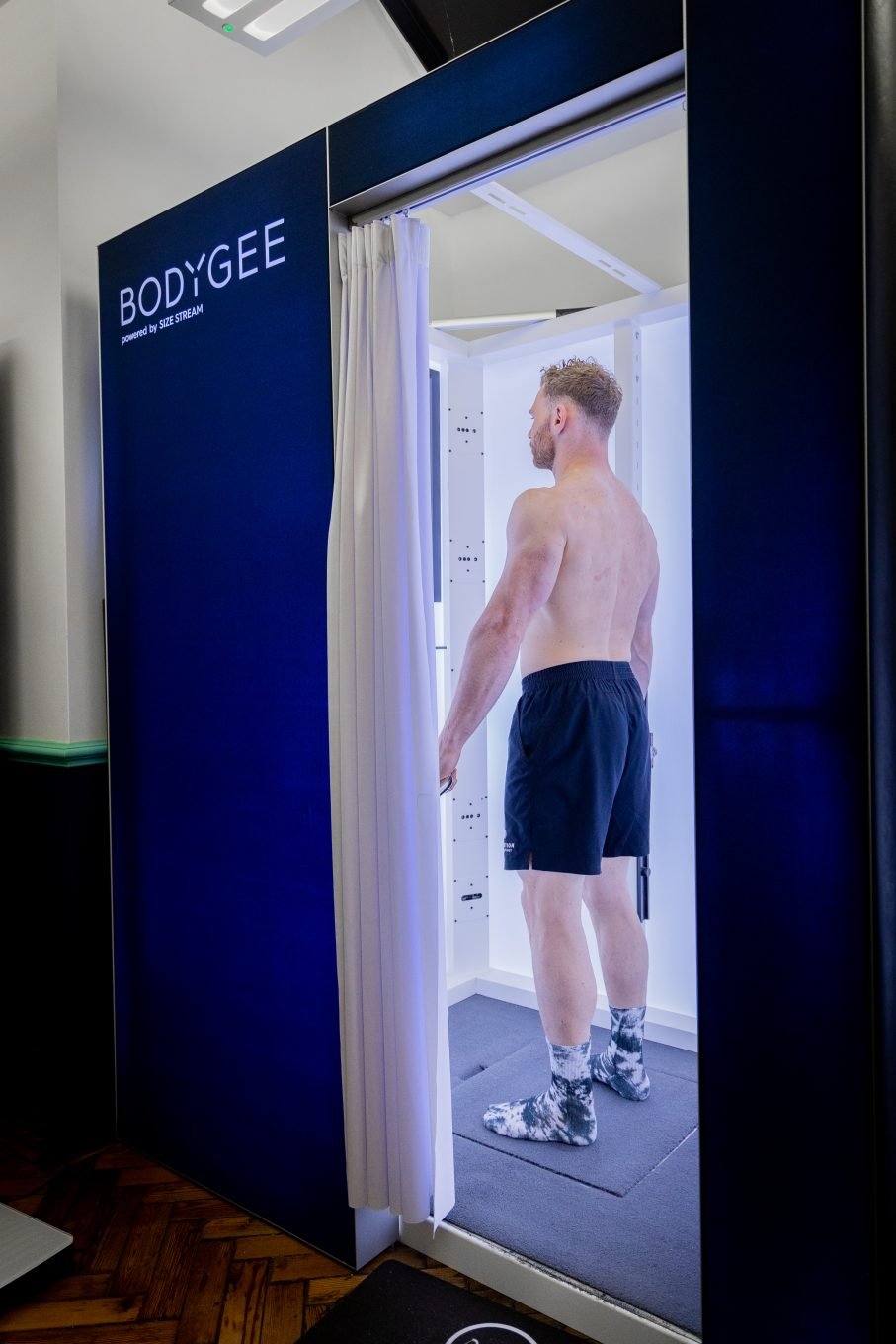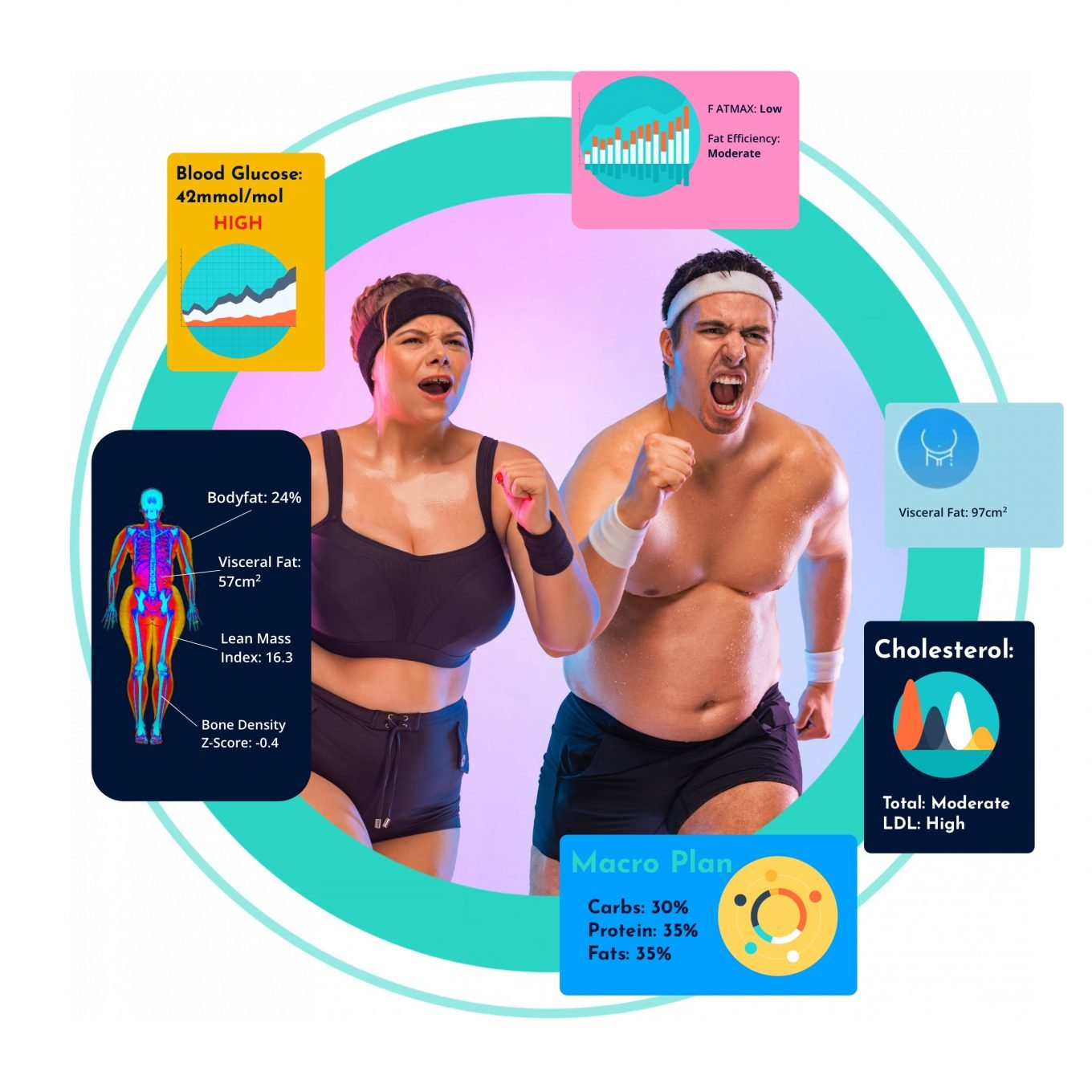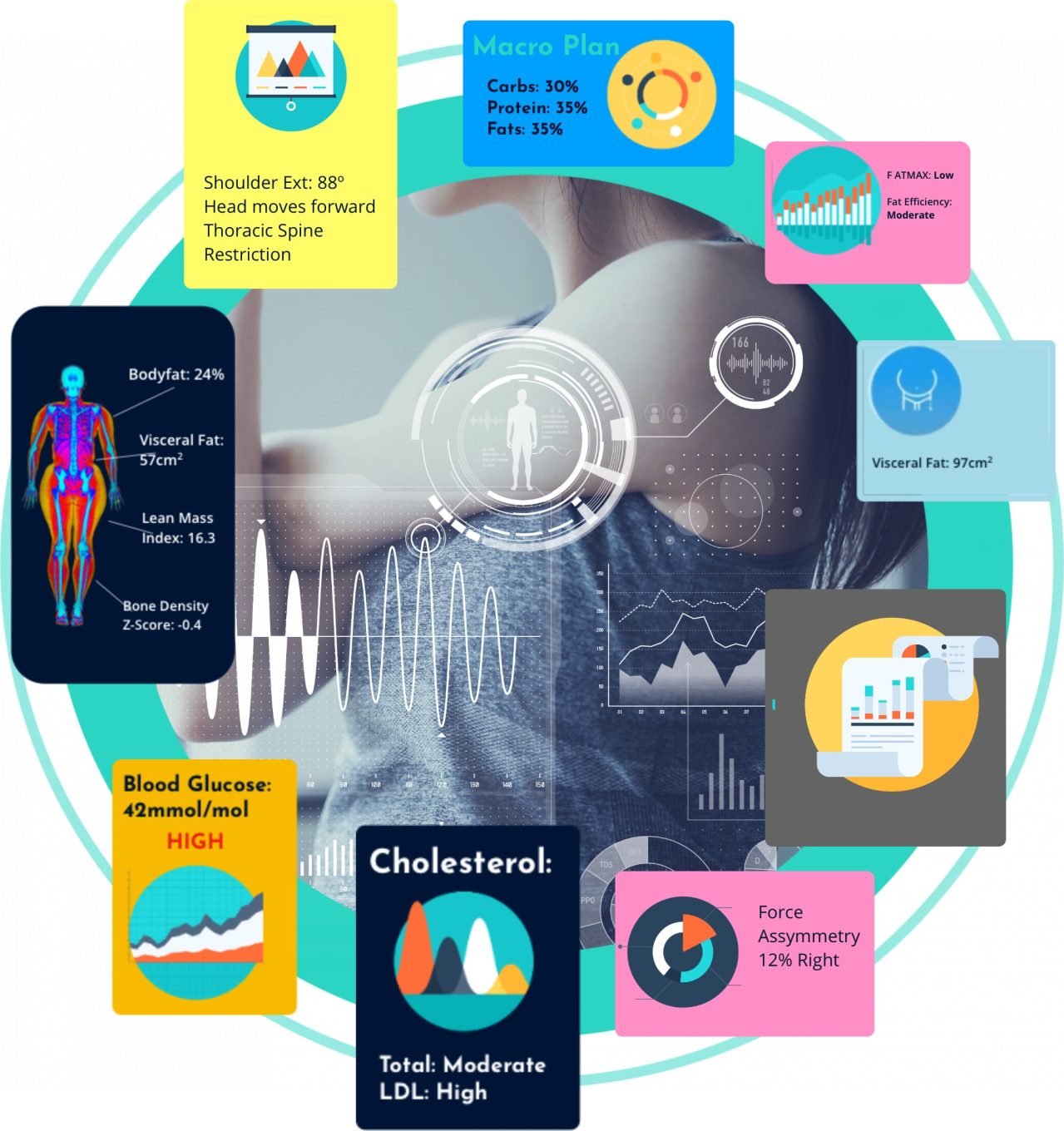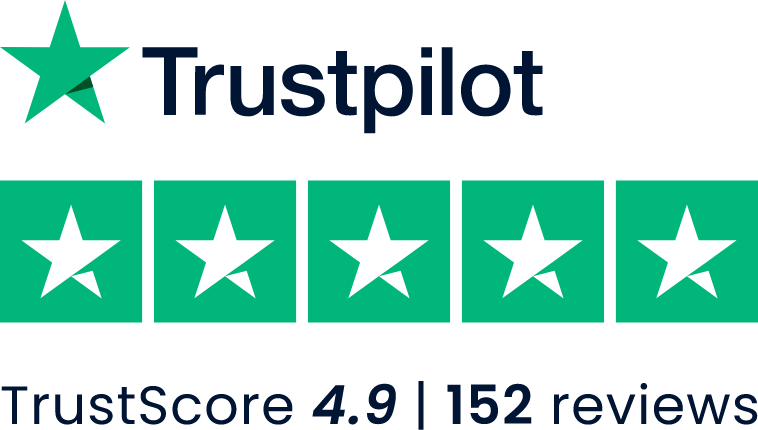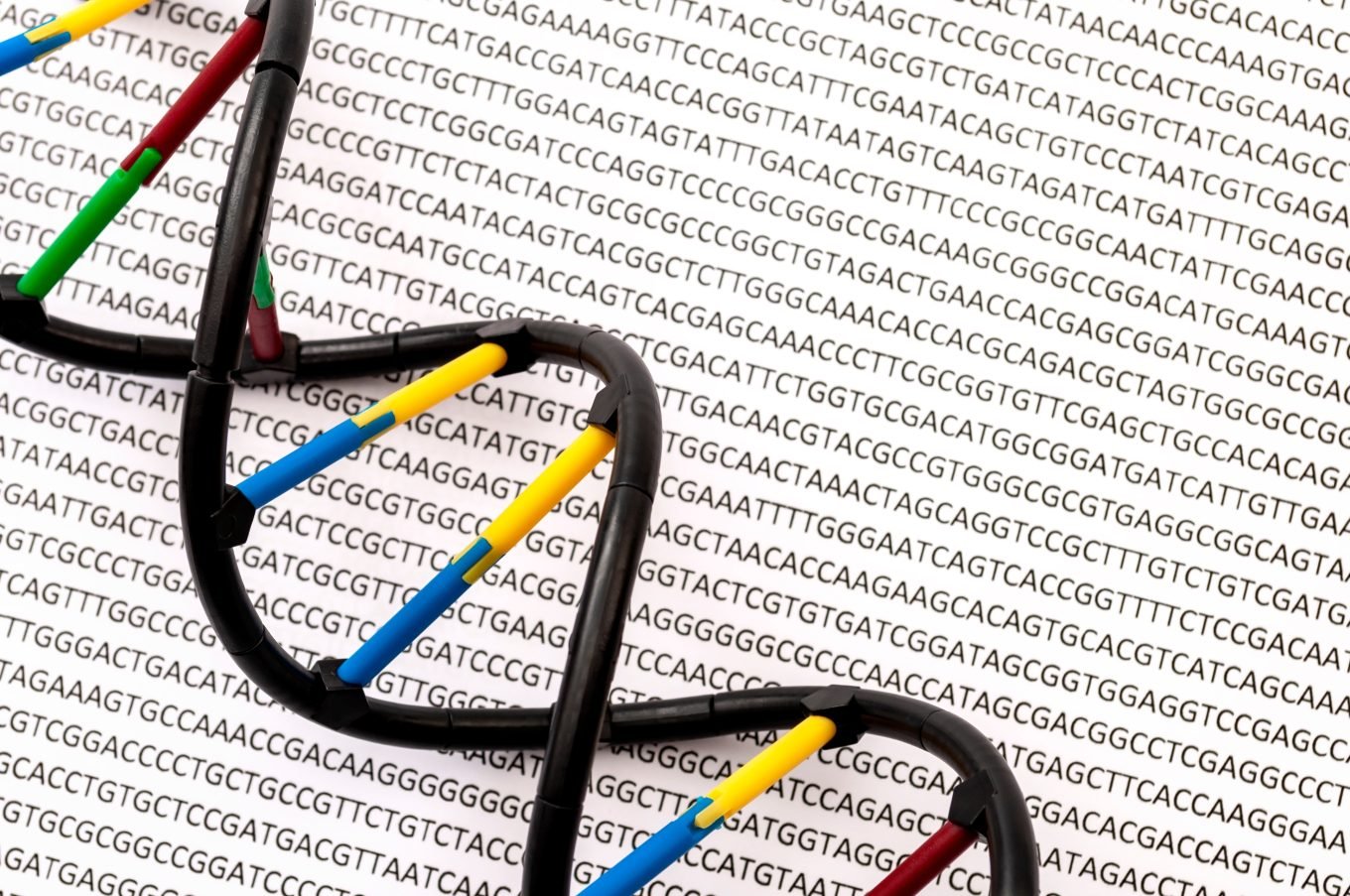What is DNA testing for health and fitness?
When you think about DNA or genetic testing, you might picture tracing your ancestry, finding lost relatives, or determining your ethnic mix. When it comes to health, you might have seen tests to determine your genetic predispositions to certain cancers or other health conditions
However, DNA testing for health and fitness goes far beyond this.
Your genes are a major factor in how your body responds to exercise and processes the food you eat. Have you ever wondered how some people can have a coffee last thing at night and still sleep, while others will have disrupted sleep if they have any coffee after midday? Some people seem to gain muscle mass effortlessly, while others will strive for years to gain a couple of kilos. Some people naturally seem to be able to run for miles without issues or soreness, while others will take 6 months to go from couch to 5k.
Genetics play an important part in all of these scenarios, as well as many other factors that influence our health, fitness, and overall wellbeing.
The My Vital Metrics Fitness and Nutrition DNA Test is a comprehensive genetic report accompanied by a professional consultation to guide you towards achieving your goals.
Depending on your goals (and the obstacles you’re facing to achieve them), the team at My Vital Metrics will personalise your DNA test to cover the areas that are most relevant to you.
Then, with the information the DNA report provides, we’ll work with you to make nutritional and exercise recommendations that work with your genes – not against them.
